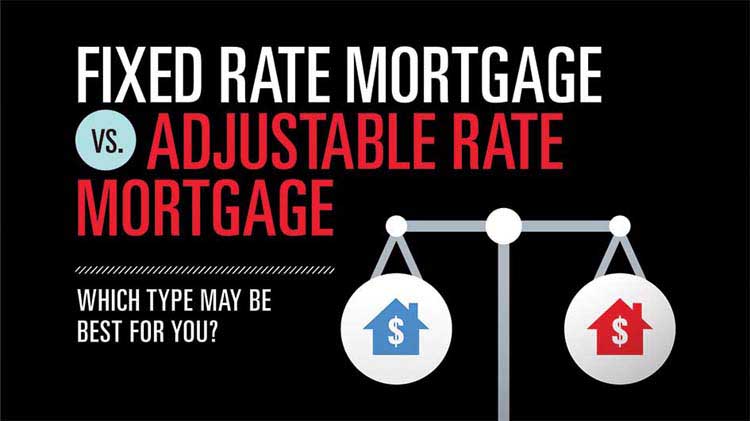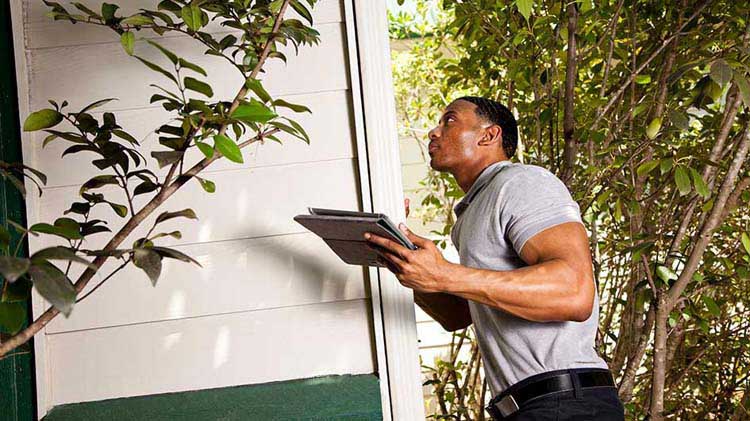Questions to ask your mortgage lender
These key questions help you understand how the mortgage process works.
Buying a home and obtaining a mortgage can trigger many questions, whether you are a first time home buyer, moving or upgrading. As you navigate through all the paperwork and buying process, understanding your mortgage loan and the terms is important. Don't be afraid to ask mortgage questions to your loan officer and get clarity on anything that is unclear. It is better to ask than deal with costly home buying mistakes. Here are some questions to ask when applying for a mortgage.
When will the lender pull your credit history?
To approve you for a mortgage, a lender will need to make an inquiry — or a hard pull — on your credit history. This is unavoidable, and hard pulls do have a small negative impact on your credit score. All mortgage related credit checks that occur within a 14 to 45 day window (depending on the scoring model) are treated as a single pull, so make sure you know when they're happening, and put them off until you're serious about house hunting. You don't want your credit score to suffer.
What's the interest rate?
Obviously, you'll want to know how much you'll be paying each month. But take time to confirm that the quoted rate is for an amount of the loan period and that the rate doesn't require you to pay discount points, which increase the fees required at closing. Don't forget to ask whether a lender can lock in your quoted rate for a certain period of time to help ensure that your rate stays stable no matter what happens to the market.
If you opt for an adjustable-rate mortgage, ask about periodic and lifetime rate caps, which limit how much your interest rate can increase from year to year and over the life of the loan, respectively.
How much down payment do you need?
The down payment required typically depends on the type of mortgage you apply for. If you can put 20% down on a house, you'll start off with a solid base of equity and you'll avoid paying private mortgage insurance (PMI). Otherwise, see if you qualify for down payment assistance programs or Federal Housing Administration (FHA) loans, which only require a 3.5% down payment. Or, you may be able to obtain a conventional bank loan with a down payment of just 5 or 10%.
What are the closing costs?
Closing costs can include origination fees, title insurance, appraisal fees, credit report charges, prepaid property taxes and homeowners insurance, and other items. Get an accurate estimate so you can plan for the cash that you'll need to finalize the loan.
How long will it take to close?
Missing a closing date can put the entire sale in jeopardy. Ask your lender what you can do (such as submitting certain documents on time) to avoid snags. Also, ask if your lender guarantees on-time closings. Some financial institutions will pay borrowers a fee if they're unable to close within a certain time period, as long as the bank is the cause of the delay.
This home buying checklist provides more information to help you navigate the process. Also, a State Farm® agent can help you make decisions on your home, condo or property insurance needs and see what discounts are available. An agent can also review your coverages with you annually.




